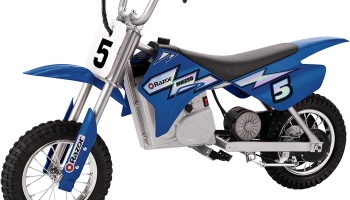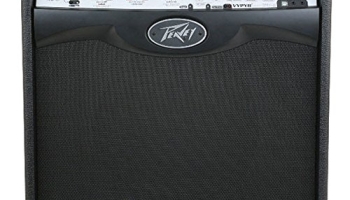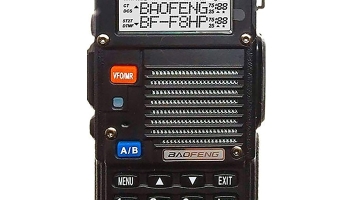Best Beginner Telescope for Planets
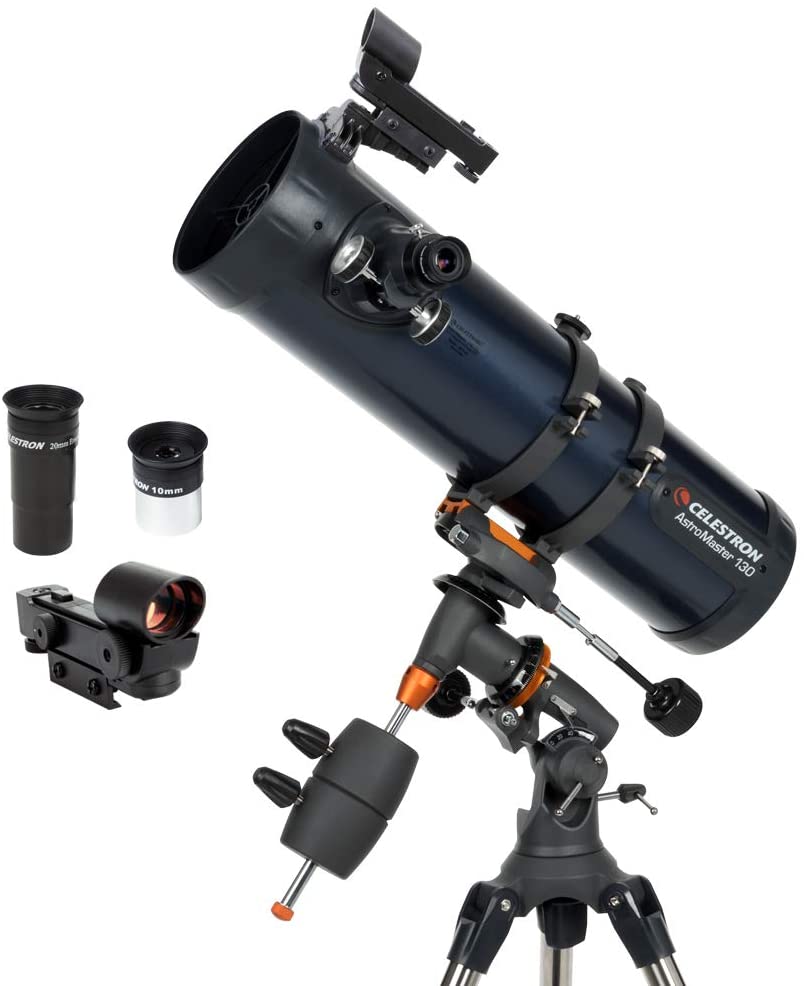
Beginner astronomers are inquisitive and it will be best to satisfy their thirst for knowledge by helping them see the best that they can in the deep sky. However, because they are new in the field, making good judgment and choosing the best beginner telescope for planets can be challenging. The purpose of this post is to help every newbie in the world of astronomy to find the best tools for their needs. We have reviewed 10 of the best beginner telescope to see planets. This article also includes a review of some of the major factors to consider choosing a good beginner telescope.
[toc]
1. Gskyer Telescope, Travel Telescope, 70mm Astronomical Refractor Telescope
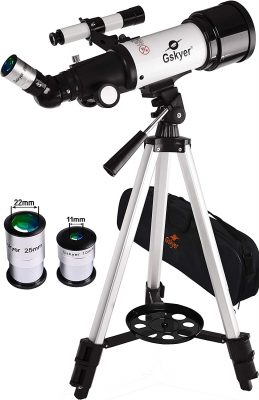
Check the latest price on Amazon
Finding a balance between price and performance are two essential aspects of making a good purchase. The Gskyer telescope is an ideal product that meets this criterion perfectly. You get a quality performance, without breaking your wallet. This is a great piece for any beginner astronomer; its optical capabilities and visual resolution are top tiers for its price, assembly is quite easy for beginners, it is portable and compact, and it possesses a 70mm aperture and 400mm focal length- resulting in high-resolution images.
2. Orion 09007 SpaceProbe 130ST Equatorial Reflector Telescope
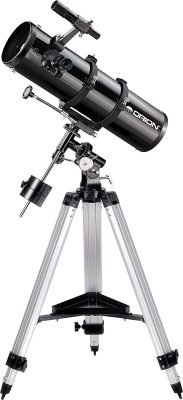
Check the latest price on Amazon
The Orion 09007 SpaceProbe 130ST is another good beginner telescope ideal for an aspiring astronomer. It provides a clear view of space objects on its sturdy EQ-2 mount. With this top-quality reflector telescope, you can easily track celestial objects as they move across the sky even when the sky is cloudy. The Orion telescope comes with a lightweight tripod and includes other necessary accessories both for setup and storage after use.
3. Celestron – NexStar 8SE Telescope – Computerized Telescope for Beginners and Advanced Users
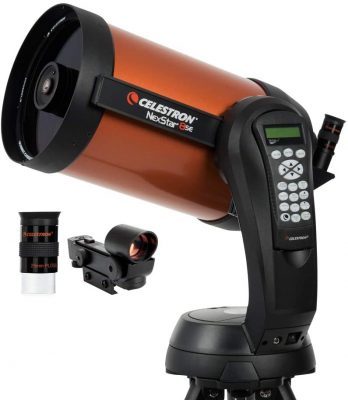
Check the latest price on Amazon
This computerized telescope features lots of advanced features that make it perfect for both beginner and advanced users. Being one of the best beginner telescopes for viewing planets, it can be used by adults and kids. One of the most special things about this telescope is its fully automated GoTo mount which is built into the telescopes. This helps to locate and track planetary objects automatically. This makes it just perfect for beginners who are just starting to gaze into the stars. Thanks to a single fork arm design, this product is also quite easy to assemble, set down, and carry for convenient transportation.
4. Celestron – AstroMaster 130EQ Newtonian Telescope – Reflector Telescope for Beginners – Fully-Coated Glass Optics
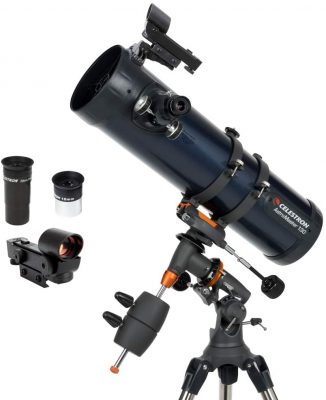
Check the latest price on Amazon
This is a powerful reflector telescope with several features that beginners will find quite helpful. It features a sturdy and lightweight frame, fully coated glass optics, a star pointer red dot finderscope, two eyepieces, and an adjustable tripod for convenience. It also has two slow-motion control knobs that allow making precision adjustments. Beginners will also find this telescope easy to set up quickly without a need for tools.
5. Meade Instruments 209005 Infinity AZ Refractor Telescope with Accessories and Tripod, 90mm
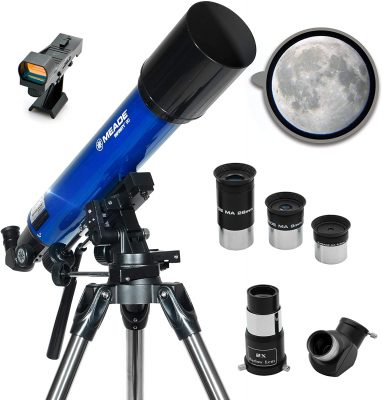
Check the latest price on Amazon
Meade refractor telescope has an altazimuth mount with panhandle and slow-motion controls for precision tracking- you can easily track an object with the telescope both day and night. Ranking among the best beginner telescope for planets, it aids beginners to have an undistorted view of the outer space. Its red dot viewfinder help points your scope at objects. There is also an accessory tray that can be used to store accessories while observing the sky. The purchase pack includes astronomical software and an instructional DVD.
6. TELMU Telescope, 70mm Aperture 400mm AZ Mount Astronomical Refracting Telescope Adjustable
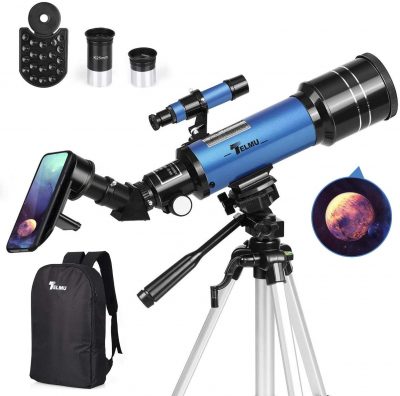
Check the latest price on Amazon
Every sky viewer will want a telescope that will not hurt the eye after every use; the Telmu telescope is the perfect pick for such an experience. This telescope has a fully coated optics glass lens that creates stunning planetary views and protects the eyes. It comes with two replaceable eyepieces for high magnification. You can easily locate objects with the aid of its finderscope with mounting bracket and cross-hair lines.
7. Orion 10014 SkyQuest XT4.5 Classic Dobsonian Telescope
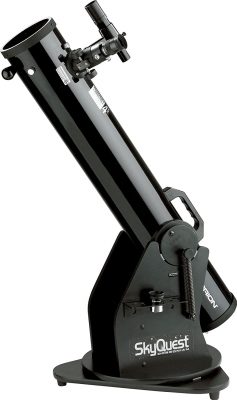
Check the latest price on Amazon
Whether you are looking for a beginner telescope you can carry on trips or use in your backyard, this is an ideal Dobsonian reflector telescope to consider. This powerful telescope features a 4.5” aperture and 900mm focal length that provides a clear view of lunar craters and plains on the galaxies. It has a handy navigation knob that allows the effortless maneuvering of the reflector optical tube. It captures 260% more light than a typical beginner telescope- meaning more objects will be visible. This also means you can easily carry this telescope along with you even as an expert.
8. Celestron – PowerSeeker 127EQ Telescope – Manual German Equatorial Telescope for Beginners
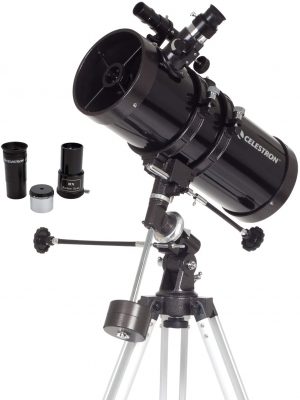
Check the latest price on Amazon
The Celestron – PowerSeeker features a manual German equatorial mount. This is a strong and sturdy mount with large slow-motion control knobs which makes it possible to track objects smoothly as they move across the sky. One of the best things about this telescope is that it is lightweight. Thus, it can be easily carried along with you and adjusted to get the most stunning view of the stars.
9. Meade Instruments 209004 Infinity 80mm AZ Refractor Telescope
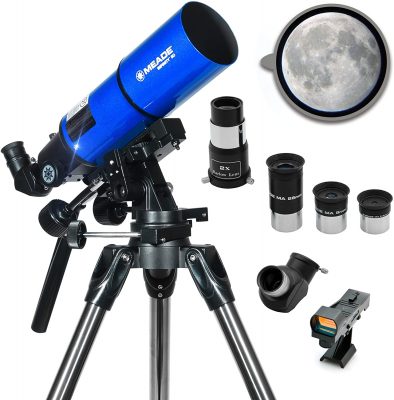
Check the latest price on Amazon
The Meade has some of the best features you can find on a refractor telescope hence, its space on this list. You can precisely track objects with the aid of the slow-motion controls on this telescope. It also features a three-level magnification eyepiece that gives you varieties for any viewing situation. Meade telescope has a 2x Barlow lens which doubles the magnifying power of each eyepiece.
10. ToyerBee Telescope for Kids& Beginners, 70mm Aperture 300mm Astronomical Refractor Telescope
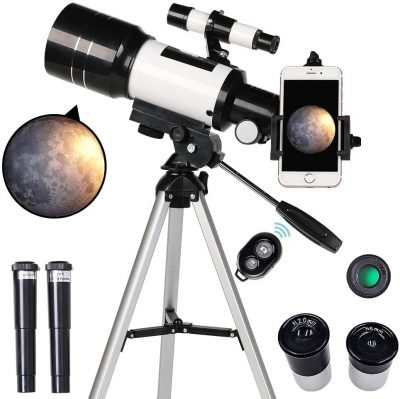
Check the latest price on Amazon
Toyerbee scope meets all the needs of a beginner astronomer and more. It is equipped with a 3x Barlow lens and two eyepieces. Magnification can be between 15x to 150x which provides highly detailed viewing. As additional accessories, this telescope comes with a smartphone adapter and one wireless camera remote to explore the nature of the world. There is also a full set of paper and video installation guidelines to avoid installation problems. This is arguably one of the best beginner telescopes for planets on the market and comes at a great price too.
Buying Guide For Best Beginner Telescopes For Planets
Compared to advanced users, beginners have fewer skills and knowledge. Hence, they need a telescope that is built specifically for them for convenience and effectiveness. Here are some of the most important considerations before if you want to get the best beginner telescope to see planets.
Types of telescope:
-
Refractor telescopes have a long, gleaming tube with a large lens in the front and an eyepiece at the back. It is the most sought-after scope by planetary viewers as it gives the best quality images. However, it is the most expensive of all telescopes.
-
Reflector telescope makes use of a mirror to gather and focus light. A reflector can provide sharp, contrast images of all manner of celestial objects when well-made and maintained. It is the best scope if you want the most aperture for your money.
-
Catadioptric/Cassegrain telescope was invented in the 1930s to match the features of a refactor and a reflector. It uses both lenses and mirrors to form images.
Magnification: This is an important tip to consider when choosing a telescope. Any telescope can have an infinite range of magnification. It depends mainly on the eyepiece you use with it. Hence, magnification is not always a major factor to consider. If you desire a telescope with higher magnification, you can simply purchase an eyepiece with higher magnification, and replace the older one.
Aperture: this is the diameter of the telescope’s main optical component. The size of an aperture determines how much light a telescope can capture. The more light the telescope captures, the more the objects that can be seen in the deep sky.
Eyepiece: this determines how far you can see with your telescope. If you have an issue with the magnification of your telescope, you might need to check the eyepiece. To view more planetary images without stress, you will need to check for a telescope with higher eyepiece ability.
Astrophotography: capturing permanently, an image of the objects you see in the sky is not difficult, given the right learning and equipment. To achieve astrophotography, you will need the right learning, the right equipment- though will be expensive, and you have to be patient. To capture images successfully, you will need a scope with a strong, well-engineered, and precisely driven mount.
Conclusion
The ideas given above will be handy for any beginner who wants to explore the skies. While every product on this list will make a great buy, the Orion 09007 SpaceProbe 130ST Equatorial Reflector Telescope is our top pick of best beginner telescope for planets. It has more desirable features, higher qualities at an affordable price, and with loads of customer reviews to support its qualities. Hence, it will make a great buy for advanced users but most especially for beginners.



